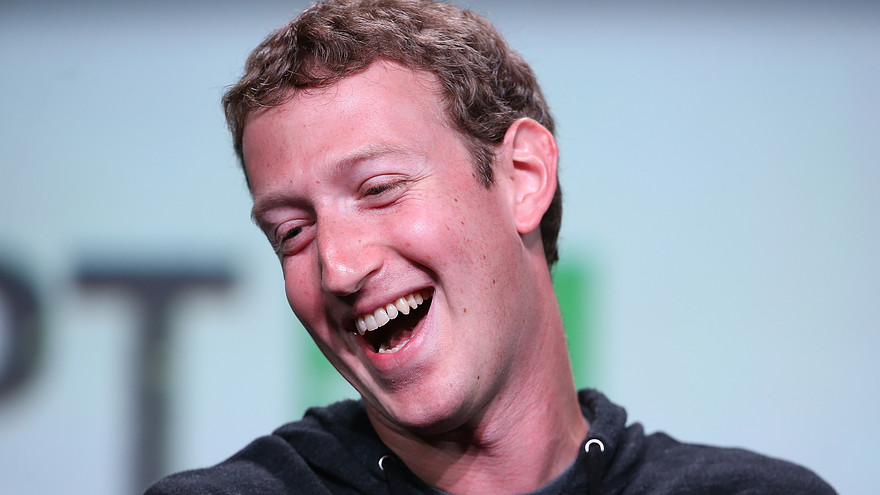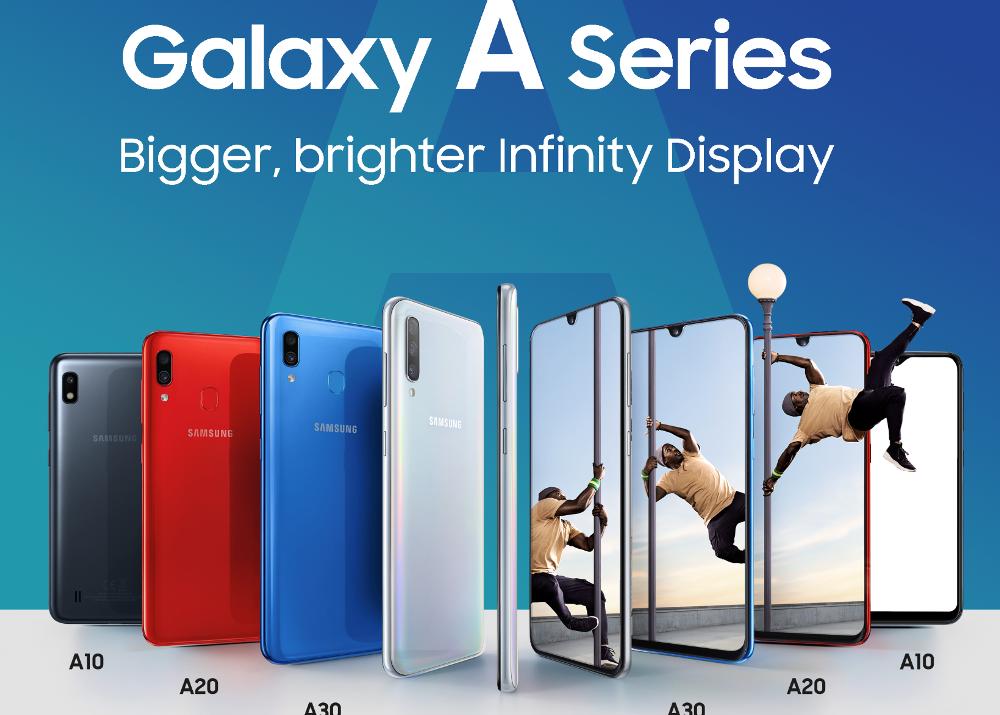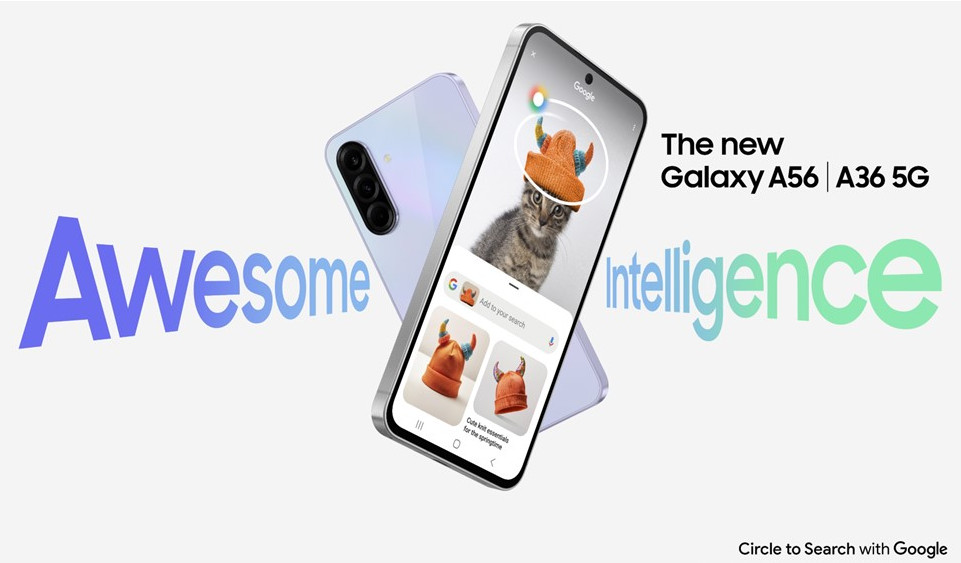As a long-time Android user and lover, I love it when Apple borrows from the green robot’s playbook. It only makes the iPhone a viable choice. That’s not to say the fruit hasn’t had features and ideas worth copying – it has and I’m glad the robot wasn’t ashamed to copy.
Let them borrow the best features and practices from each other and we all win. One of the major reasons iPhones hold on to their values is that they are supported for a long time. For example, the iPhone XS which was released back in 2018 got the latest iOS 18.
Google and it’s Android partners were forced to up their game. So, now we see Galaxys and Pixels getting 7 years of OS upgrades. That’s the right kind of copying.
There were other choices that Android manufacturers copied that still irk me to this day. You have Apple to thank for the following innovations:
- removal of headphone jack on flagship phones
- removal of the charger from the box
- removal of extendable storage (Apple never played that game)
This latest one will divide Android users. Some won’t care but for me, it goes down to the core of what differentiates Android from iOS.
Sideloading of apps
Both Google and Apple have official app stores. Google has the Play Store and Apple has the App Store.
These stores are managed by the makers of the operating systems and are therefore the best places to get apps from.
I know that in Zimbabwe most people only download a few third-party apps, mostly just WhatsApp and Facebook and call it a day. The Play Store and the App Store are the right places to do that.
However, there are reasons why one would want to look for apps elsewhere.
Reasons we do this
- Some apps we want are not available in our location. That whole region locking practice. For example, there are some British TV apps I once used that were not available here.
- Some apps go against official app stores’ strict and oftentimes ridiculous policies. I’m talking some crypto apps or even emulators.
- In my rooting days, I needed some specialised apps that could never list on an official app store.
- Some app developers want to avoid the revenue-sharing models imposed by app stores and so may delist some apps. The best example being Fortnite.
There are many other reasons why we sideload but I think the most important ones are these:
- We want access to discontinued apps. Just because a developer abandons a perfectly good app, we don’t have to be deprived.
- We want to access older versions of apps. Oh my goodness, I can’t count how many times a developer has ruined an app with updates. Sometimes they remove features, sometimes they introduced terrible ones. If we don’t want to deal with that, we can just find the older version outside the official app stores.
- For Zimbabwe, we also have an internet access cost problem. We are usually on a tight budget when it comes to data. So, we prefer getting apps from our friends who’ve already downloaded them. Or from the guys in town that have signs that say ‘We install WhatsApp.’
- We also have a huge Huawei fanbase in Zimbabwe whose phones have no Play Store. They depend on sideloading to get apps.
It’s not just WhatsApp, Zimbabweans love sharing APK’s. APKs are like digital boxes that contain Android apps, allowing you to install them on your device even if they’re not from the official store.
If we want to do all this, the Fruit and the Big G should warn us of the dangers of downloading from outside of their gardens.
However, we should be able to tell them, thanks for the warnings but its okay, we want to live a little dangerously.
That has been the reality on Android and while it still exists, the beginning of the end may have just come.
Android apps can now block sideloading
Yes, Android developers now have the ability to prevent their apps from being sideloaded. This means that users may be forced to download certain apps exclusively from the Google Play Store.
This is thanks to an update to the Play Integrity API. Developers can use this API to check if their app was installed from the Play Store. If not, they can choose to block the app from running or display a message urging the user to download it from the official store.
Here are screenshots by linuxct showing you how that would look:
There are reasons why developers may want to do this: security, app integrity and monetisation and metrics.
You know that whole WhatsApp clone problem where some of them have ads or even malware. A developer might want to protect users and make sure their app is not maliciously modified and distributed on alternative app stores.
Then of course, sideloaded apps don’t contribute to the developer’s download stats or potential revenue from in-app purchases. Blocking sideloading could help developers protect their income streams.
There are other reasons but it’s always been this way. Yet we still have been able to sideload apps but these advancements could see the list of sideloadable apps dwindle. Who wants to see that?
The iOSification of Android
Google has not outright banned sideloading. That would not fly. However, these new tools that developers now have could work to discourage the practice.
It’s crazy that all this is happening at a time when Apple has been forced to allow sideloading in Europe. So, on one hand, we see iOS users getting their first taste of sideloading, while Android users see their admittedly still superior sideloading experience get kinks in its armour.
While this new ability gives developers more control over their apps, it also represents a shift away from Android’s traditionally open nature. That openness is one of the things I love the most about Android.
It remains to be seen how widely developers will adopt this feature and how it will impact the overall Android experience.
At the rate, I think in five years, Android and iOS will be indistinguishable.














Comments
24 responses
😅😅😅the “iosification of Android”
😂😂😂 It’s happening right in front of our eyes
We’ll benefit a lot from it. I hope they also copy the privacy and security features, improve animations, weed out low-quality apps (from random Indian kids) from the store, and just pay more attention to detail.
We won’t all benefit, and that’s the point. Everything else you mentioned should be copied and to be fair, animations are superb on some Android flagships and I don’t believe it’s still accurate to say only Apple Pay’s attention to detail.
On the forced Play Store installs. You’re not considering all types of users. For some, it will simply be too expensive or even impossible to get some critical apps. Tell that person that we all benefit and you won’t like their response.
Oh… right. We have to be considerate and inclusive.
On attention to detail, I meant to say there’s still a lot of room to improve. Android should feel more personal. The rough edges still need refinement. The inbuilt Quick Share ( formerly Nearby Share) isn’t very intuitive that’s why people resort to ShareIT.
I’m running Android 14 on my Samsung Galaxy A05. More iOS-ification is necessary in my opinion.
Been waiting for this day for a long time
Hope the make like a pixel to pixel share only and make them exclusively like Samsung and pixel that would up the competition. Plus i hate having to install share it all the time to send a 15mb app zim ppl .
So ya leo dont u agree we need strong thorn hedged gardens on androids side .
I don’t know about this T ccoki. Thorn hedged gardens are not inclusive by design. I love the security and app integrity advantages but I hate the restrictions.
In Zim’s case, I understand why people ask for you to send a 15MB app to them via ShareIt. They are trying to save on costs. So, if you’re in a position to install ShareIt and share the 15MB app, consider yourself fortunate.
So, I guess it’s all about how you look at it. On one hand, the garden is good but on the other, it’s a pain.
It’s indeed worth celebrating.
However, I believe sharing should be universal for all Androids via the built-in Quick Share (formerly Nearby Share), just like on iOS with their Airdrop. Your device model or manufacturer shouldn’t prevent you from sharing files, in my opinion
It looks like you listened to the one or two comments that were complaining about your very many Starlink articles. I know you saw the comments, yes I am a prophet 🙄.
Now here’s my suggestion to you Leonard. Make some articles on how the internet can be monetized. Practical tips involving the internet and money, in a Zimbabwean context. You may even want to give yourselves as a case study.
In other words, I want to hear interesting stuff surrounding technology in general and money.
Oh, let me read the article now
You are indeed a prophet Harmony 🤣. And yes, of course, I saw the comments. We see the comments on the blog and the direct messages that are sent too via different channels.
We are not going to be a Starlink news exclusive blog but when we’re drowning in questions about a service that’s just launched and is a significant financial outlay for many, naturally there would be multiple articles about the thing.
But of course, they were right, balance is needed. And so I take your suggestions seriously. Will be looking into that soon. And thanks for the suggestion and letit not be the last time. If there’s other stuff you think we ought to cover, just let us know.
Google and Apple are different scenarios. The Apple situation was that Apple didn’t allow sideloading themselves they monopolised everything and distributed the apps themselves in the case of Google this is a feature that developers may or may not use but the android system itself is not built in a way like the apple system that didn’t allow any form of side loading these teo are fundamentally different. Google is giving companies the ability to enhance security for their apps and systems
Exactly! I’m surprised that people are not celebrating this as a new security feature. And there’s choice on the developer’s side. They can choose whether to utilise the API or not. And if they do, don’t blame Google, blame the developer who used the functionality.
Google has played this well. The hate goes to the developer but the benefits are shared between the developer and Google. And again, the benefits are there for everyone to see. It’s just that the drawbacks for certain types of users are also too evident.
That doesn’t change the fact that we will be subject to geolocking for example. Hence why not everyone is celebrating. Cause even with the supposedly poor security there is today with sideloading unchecked, we have somehow survived. So, people feel the benefits to be gained are not worth potentially losing some of the sideloading benefits mentioned in the article.
You could say the two approaches are fundamentally different but the effect would be the same to the end users who can’t sideload the apps they need.
All while developers get the ability to shore up security and privacy.
Microsoft already did that decade ago on windows phone. People were really pissed off by not getting the option to share the apps and games now it’s coming to android.
Windows phone yakauya ine dark mode, live tiles e.t.c. Now android and ios it’s coping zvinhu zvakaitwa ne Microsoft years ago 💩
Windows phone pioneered some good ideas but it was too late to the party. Unfortunately, there are no participation trophies. For all their good ideas, they failed to successfully dethrone the 2-headed monster 🤖🍎. So who actually deserves the poop emoji then?
I like the direction Google is taking. My wish is that sideloading becomes impossible and strict app review processes are adopted for the Play Store. Additionally, the fee required to upload apps onto the store should be raised to at least $400. This’ll weed out incompetent kids that spam the store with low-quality apps, often riddled with unhelpful and inappropriate ads.
Whether you like it or not, this’ll lead to higher quality apps than we currently have. This is how Apple does it, and it works. Apple wins because of the 30% commissions, users win because of the higher-quality software products from serious developers.
As for sharing apps locally to save bandwidth, I think that’s a cool and sustainable approach. It should be achieved with Android’s built-in Quick Share. The Play Integrity check will become unnecessary if sideloading is done away with.
Where we fundamentally differ is that you are all for Android becoming more like iOS. I want the opposite.
However, I agree to an extent that rules to list an app should be stricter to weed out the crap. I fear how that will affect some up and coming guys in these parts of the world though. There are some genuinely useful apps that target niche users in the various third world countries that would not see the light of day if Google were as strict as Apple. So, it’s better app quality in exchange for no local niche apps.
On using Quick Share to share apps, the problem still remains that a developer can block an app shared that way and require one to download from the Play Store. Defeating the purpose. No bandwidth is saved in the end.
I want Android to copy the iPhone’s good parts, like elegant animations and stricter policies on the Play Store. Similar to how iOS is copying our redeeming qualities like the customisable home & lock screens.
Whatsapp already doing that in other ohones
Yeah, that’s true. Am in the habit of using the iTel-Infinix-Tecno phones for me, wife, Mom and other relations. It’s been impossible for a while to share WhatsApp that’ll work in the other phone from another phone. Only works if you download straight into the phone direct from a store!
Exactly. It’s all fine and dandy if everyone has unlimited internet, has the Pixel 9 or S24 and lives in places that aren’t geographically excluded from some useful apps.
Keep Android open.
EaseUS Todo PCTrans Crack is a professional data-transferring app to share, transfer, and move files, data, apps, and programs from one PC to another. A versatile software that simplifies the process of transferring applications between different computers.
To get this premium software free visit our website: zsactivationkey/
Apa mababie nemaMomz vapinda ma1 lol,